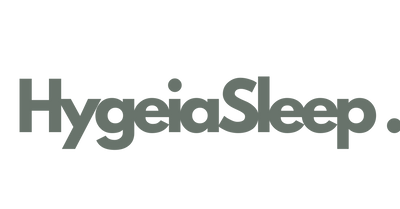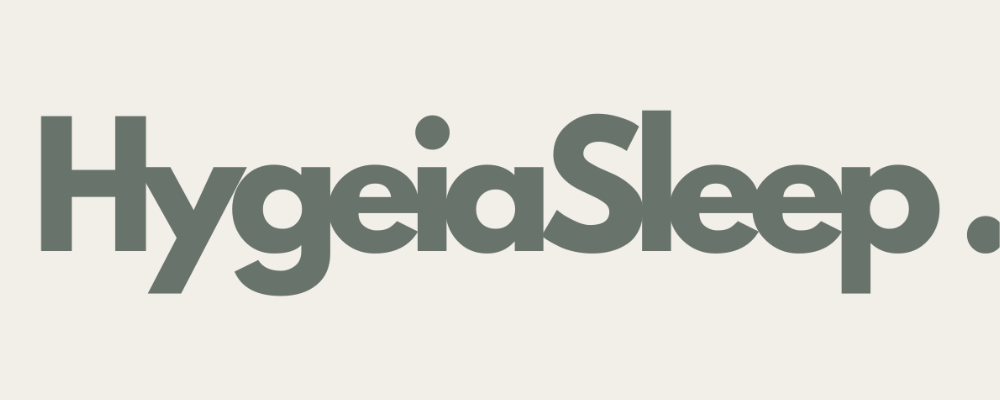From Paris to Your Hotel – Why Mattress Hygiene Can’t Wait
In 2023, Paris — the “City of Light” — faced an unwelcome visitor: a bed bug pandemic that sent shockwaves through the global hospitality industry. Videos of infested hotel rooms, train seats, and cinemas spread across social media like wildfire, making headlines worldwide.
But here’s the truth: while bed bugs grabbed the headlines, they’re just one part of a much bigger issue that hotels everywhere need to address — mattress hygiene.
The Invisible Threat Inside Every Mattress
A mattress can appear spotless to the naked eye, yet be a thriving ecosystem for bacteria, fungi, dust mites, and allergens. Research shows that:
- The average guest sweats up to 52 litres into a mattress every year.
- A 7-year-old mattress can harbour over 16 million bacteria per square inch.
- 80% of accommodation providers fail to meet minimum acceptable standards for mattress hygiene.
This hidden contamination doesn’t just affect cleanliness — it can impact guest health, causing respiratory irritation, skin reactions, and allergic responses. Left unchecked, it can also create persistent room odours that no amount of carpet cleaning or air freshener can mask.
Why This Is a Global Issue — Not Just Paris
The Paris outbreak proved that even the most prestigious hotels are vulnerable when hygiene practices are inconsistent or outdated. Social media has amplified the risk:
- Travel influencers and YouTubers now routinely check mattresses on camera.
- Guests are more informed, more health-conscious, and quicker to post their experiences online.
- One viral video can undo years of brand-building in a matter of hours.
The reality is clear: mattress hygiene isn’t optional anymore — it’s a critical part of guest safety and brand protection.
Prevention Beats Damage Control
The industry can’t afford to wait until there’s another crisis. A single infestation, outbreak, or viral hygiene complaint can lead to:
- Immediate revenue loss from cancelled bookings.
- Long-term reputation damage on review sites and booking platforms.
- Costly remediation far exceeding the investment required for prevention.
That’s why the smart approach is preventive hygiene, not reactive cleaning.
How the HygeiaSleep Mattress Hygiene Licence (MHL) Protects Hotels
At HygeiaSleep, we’ve developed the world’s largest mattress hygiene certification program to address these exact risks. The MHL provides:
- Science-backed training for every housekeeper, ensuring mattresses are sanitised after every guest stay.
- Custom Standard Operating Procedures (SOPs) developed by our Standards Advisory Council for real-world hotel operations.
- Property Certification & Digital Badge — a visible sign to guests and booking platforms that your property meets the global mattress hygiene standard.
By embedding these practices into daily housekeeping, hotels can:
- Eliminate hidden hygiene risks.
- Prevent pest outbreaks.
- Increase guest trust and positive reviews.
- Stay ahead of future regulations.
The Takeaway
The Paris bed bug crisis showed us how fast trust can be lost. But it also revealed an opportunity: hotels that lead on hygiene can win lasting loyalty in a more competitive and health-conscious travel market.
Mattress hygiene may be invisible, but its impact is undeniable. Whether you run a luxury resort, boutique B&B, or serviced apartment, the time to act is now — before your “Paris moment” arrives.
📍 Discover how the MHL can protect your property and your guests

